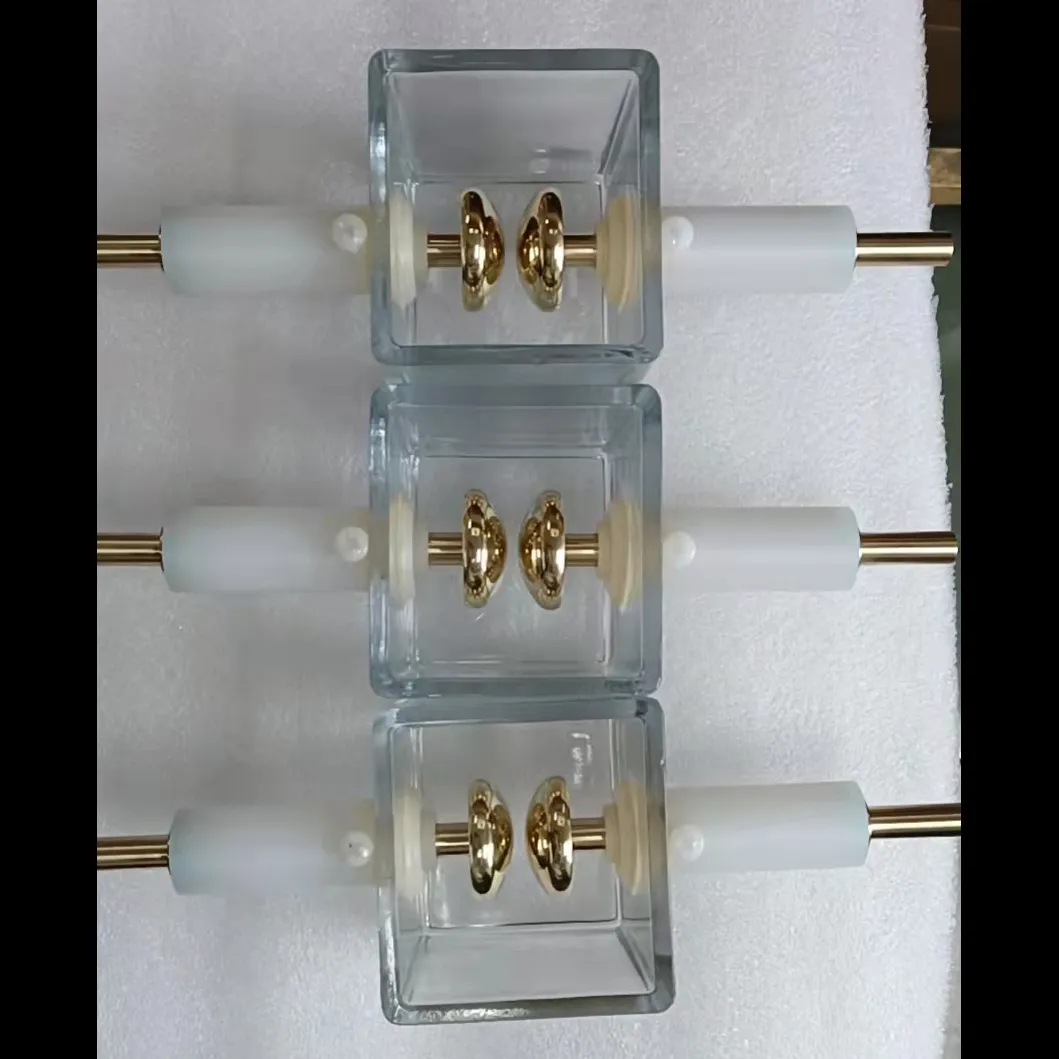 English
English


Dielectric Strength of Transformer Oil
Understanding the Dielectric Strength of Transformer Oil
Transformer oil, commonly known as insulating oil, plays a critical role in the efficiency and safety of electrical transformers. One of the key properties of transformer oil is its dielectric strength, which is a measure of its ability to insulate and withstand electrical stress without breaking down. This property is essential for the reliable operation of transformers, ensuring they function smoothly and safely under high-voltage conditions.
What is Dielectric Strength?
Dielectric strength is defined as the maximum electric field that a material can withstand without experiencing failure, such as electrical breakdown or arcing. It is usually measured in kilovolts per millimeter (kV/mm). For transformer oil, high dielectric strength indicates better insulating properties, allowing it to prevent current leakage and provide effective electrical insulation around live components.
Factors Affecting Dielectric Strength
Several factors influence the dielectric strength of transformer oil. The purity of the oil is paramount; impurities such as water, particulates, or other contaminants can significantly reduce its insulating properties. For instance, the presence of moisture can lower dielectric strength remarkably, as water molecules facilitate the breakdown of electrical insulation.
Additionally, the temperature of the oil plays a vital role. Higher temperatures can lead to decreased viscosity and increased mobility of charge carriers, both of which can lower dielectric strength. Therefore, regular monitoring of temperature and ensuring proper cooling mechanisms within transformers are essential for maintaining optimal dielectric properties.
dielectric strength of transformer oil

Testing Dielectric Strength
Routine testing of transformer oil is crucial to ensure that its dielectric strength remains within acceptable limits. The testing process typically involves a breakdown voltage test, where a sample of oil is subjected to a gradually increasing voltage until it fails. The voltage at which the dielectric breakdown occurs is recorded as the breakdown voltage, which is then translated into dielectric strength.
The usual minimum dielectric strength for good quality transformer oil is around 30 kV/mm. Oils that exhibit values below this threshold may indicate degradation, necessitating further investigation or replacement to avoid transformer failure.
Importance of Maintaining Dielectric Strength
Maintaining high dielectric strength is essential not only for the operational integrity of transformers but also for their longevity. A breakdown in insulation can lead to catastrophic failures, resulting in costly repairs, potential accidents, and service outages. By regularly monitoring dielectric strength and addressing any issues promptly, utilities can ensure the safety and reliability of their electrical systems.
In conclusion, the dielectric strength of transformer oil is a vital parameter that ensures the effective and safe operation of transformers. By understanding its significance, factors influencing it, and the importance of regular testing, stakeholders can take proactive measures to safeguard their electrical infrastructure. As we continue to advance in the field of electrical engineering, the significance of quality transformer oil and its dielectric properties remains an area of paramount importance.
-
Differences between open cup flash point tester and closed cup flash point testerNewsOct.31,2024
-
The Reliable Load Tap ChangerNewsOct.23,2024
-
The Essential Guide to Hipot TestersNewsOct.23,2024
-
The Digital Insulation TesterNewsOct.23,2024
-
The Best Earth Loop Impedance Tester for SaleNewsOct.23,2024
-
Tan Delta Tester--The Essential Tool for Electrical Insulation TestingNewsOct.23,2024





